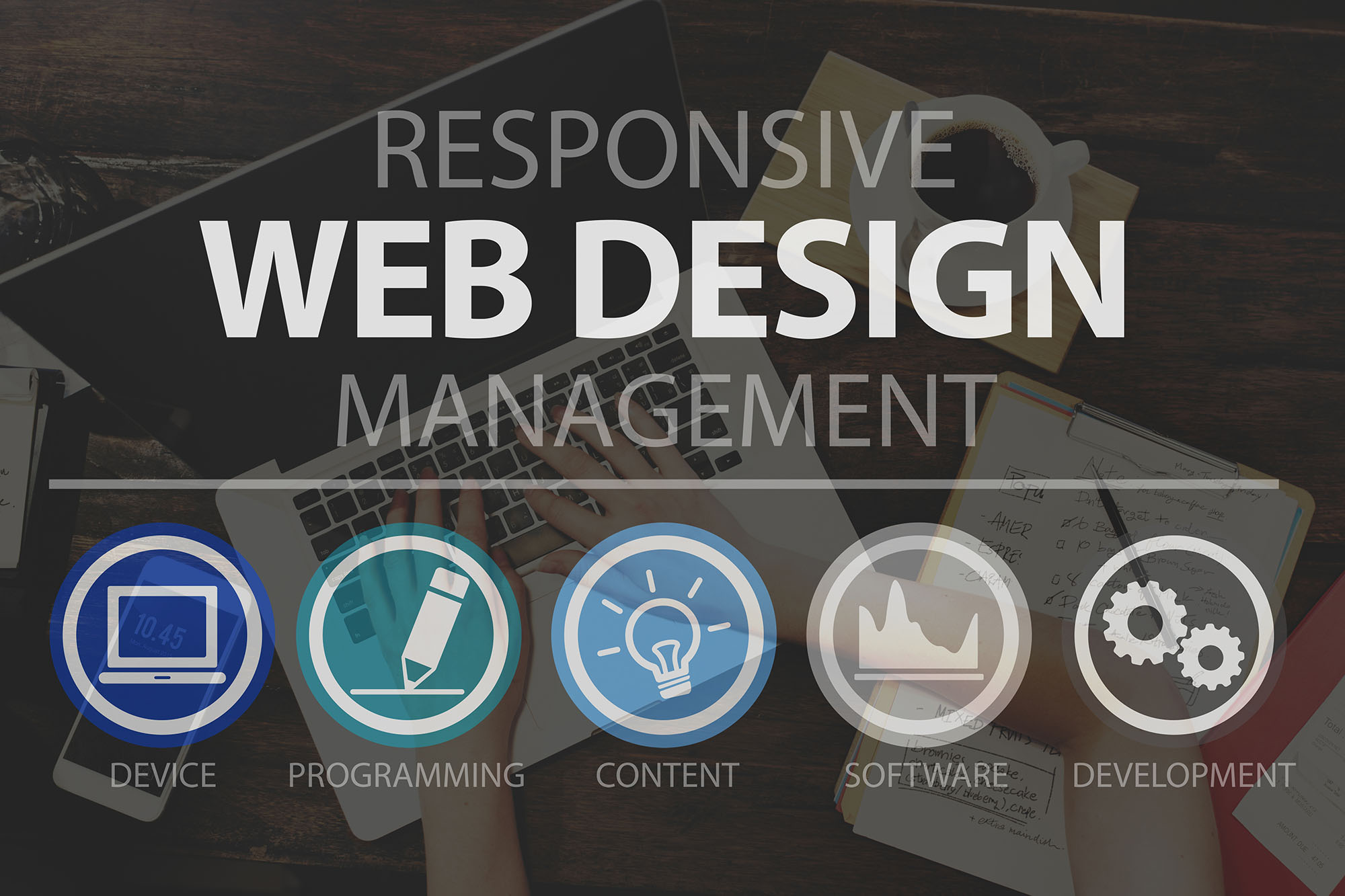As the calendar turns to a new year, it’s time to reflect on your business’s past achievements and set new marketing goals to drive growth in 2025. For website builders and digital marketers, the start of the year presents a golden opportunity to reassess strategies, harness emerging trends, and position clients for success. Here’s how you can create impactful goals and execute them effectively.
1. Audit Your Online Presence
Before setting new goals, take stock of your current online assets. Perform a comprehensive audit of your website, social media profiles, and digital marketing efforts. Key aspects to evaluate include:
- Website speed and mobile responsiveness.
- SEO performance metrics such as organic traffic, bounce rates, and keyword rankings.
- Content relevance and user engagement.
- Social media reach and follower growth.
This audit will reveal strengths and areas for improvement, giving you a clear foundation for goal-setting.
2. Prioritize Local SEO
For businesses targeting local customers, optimizing for local search is essential. Set goals to:
- Claim and optimize your Google Business Profile.
- Generate more positive reviews on Google, Yelp, and industry-specific platforms.
- Create localized content that addresses community-specific needs.
- Build citations and backlinks from reputable local sources.
Local SEO not only drives traffic but also builds trust with your community, boosting conversion rates.
3. Embrace Emerging Technologies
The digital marketing landscape evolves rapidly. Stay ahead by integrating new technologies into your strategy:
- AI and automation: Use AI-driven tools to analyze data, personalize user experiences, and streamline repetitive tasks.
- Voice search optimization: As voice-activated devices gain popularity, optimize content for conversational queries.
- Interactive content: Incorporate quizzes, polls, and AR/VR experiences to boost user engagement.
4. Refine Your Content Strategy
High-quality content remains the backbone of successful marketing. Set clear goals to:
- Publish consistent blog posts, videos, and social media updates.
- Focus on content that remains relevant over time.
- Leverage trending topics to capture immediate interest.
- Repurpose existing content into multiple formats, such as turning a blog post into a video tutorial.
5. Leverage Data-Driven Insights
Analytics tools provide invaluable insights into your audience’s behavior. Make data the cornerstone of your strategy by:
- Setting measurable KPIs for each goal.
- Monitoring traffic, conversion rates, and customer acquisition costs.
- Using A/B testing to refine campaigns.
- Segmenting audiences for personalized messaging.
6. Enhance Social Media Engagement
Social media platforms are powerful tools for building brand awareness and customer relationships. For 2025, aim to:
- Experiment with emerging platforms like Threads or BeReal (depending on your audience).
- Increase engagement through interactive content, such as live Q&A sessions.
- Collaborate with influencers or micro-influencers within your niche.
- Maintain a consistent posting schedule.
7. Focus on Sustainable Growth
While aggressive growth strategies can yield quick wins, sustainable growth ensures long-term success. Invest in:
- Building genuine customer relationships.
- Establishing a strong brand identity.
- Offering value-driven services that foster loyalty.
- Creating partnerships with complementary businesses.
Final Thoughts
Setting and achieving new marketing goals doesn’t have to be overwhelming. By focusing on these key areas, you can create a roadmap that aligns with your business vision for 2025. Remember, the digital landscape is dynamic, so stay adaptable and open to learning.
What are your marketing goals for the new year? Contact Online Media Suite so we can partner to achieve your goals!





